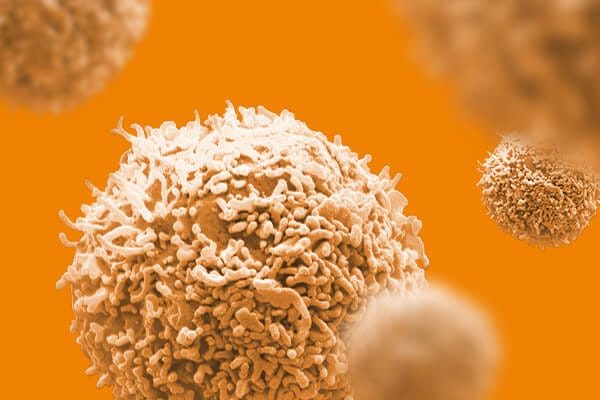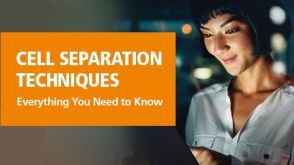Janet Rossant
Janet Rossant
Who are your scientific idols?
Some of my earliest scientific idols were the Canadian heroes of stem cell biology: James Till, Ernest McCulloch and Charles LeBlond.
What's the focus of your current work?
Our current work is focused on generating renewable sources of airway lung epithelial-type cells for personalized drug screening in cystic fibrosis (CF).
What influenced you to pursue research in this field?
My long term interests lie in understanding early embryo development and how pluripotency arises. This led us to working on embryonic stem cells and iPS cells, and then working at SickKids led us to thinking about how we could apply our expertise to clinical problems in children. Interaction with member of the SickKids CF Centre focused our attention on cystic fibrosis.
What influenced you to become actively involved in the ethical discussion and Canadian/international policy around human embryonic stem cell research?
Scientists need to engage more with the public and take on issues where they can help explain the scientific underpinnings of ethical issues.
What's it like being a scientist in the Hospital for Sick Children?
It's an amazing place where scientists of all sorts - PhDs, MDs and allied health professionals - mix together and engage on research with the overarching goal of improving child health.
You've recently became the first female scientist to receive the prestigious Canada Gairdner Wightman Award. Do you have any message to early-career female scientists out there?
Persevere in your research, build a strong support structure in your outside life, and don't be afraid to take on new challenges.
On PSC Research
What advances do you hope the stem cell biology field will achieve in the next 5 years?
I see rapid progress to actual clinical translation of stem cell research into cell-based therapies across a variety of areas. Stem cells and their differentiated progeny, as well as transdifferentiated cells and organoids will be standard tools for exploring the underlying mechanisms of human disease and discovering new diagnostic tools and therapies.
There has been significant progress in recent years in directed differentiation of pluripotent cells across a variety of tissues. What do you see as being the biggest obstacles in generating PSC-derived cells that are functionally equivalent to their primary cell counterparts?
There is not enough knowledge about the normal in vivo processes.
Many hPSC-related protocols have proven to be difficult to transfer from lab to lab. Do you see a role for protocol and reagent standardization enabling effective collaboration and the ability to make cohesive contributions to the field at large?
Definitely - this is a big challenge.
There is a lot of research happening now about different states of pluripotency, particularly human naïve state, or ground state pluripotent stem cells. Where do you see this technology going?
Naïve state pluripotent stem cells are interesting basic biology and relevant to differences in embryo development between mouse and human. But it's probably not very influential in terms of regenerative medicine.
Do you see hiPSCs having an impact on the treatment of lung diseases in the future? What technical hurdles need to be overcome in order for hiPSC-based cellular therapies to become a reality?
Yes. Some of the technical hurdles include useful reagents for drug discovery and drug testing. It's still a long way from a cell therapy because the lung epithelium is very complex and the hierarchy is not well understood.
On STEMCELL Technologies Products
Has using STEMCELL's products made work in your lab easier?
Yes - good reliable reagents are vital to our experiments.
Are there products that you have found to be particularly useful in carrying out or optimizing your experiments? Can you describe your experience?
Stemdiff [STEMdiff™ Definitive Endoderm Kit] really helped our lung differentiation protocol. Please watch the webinar to learn more about its usage in our experiments.


 EasySep™小鼠TIL(CD45)正选试剂盒
EasySep™小鼠TIL(CD45)正选试剂盒





 沪公网安备31010102008431号
沪公网安备31010102008431号